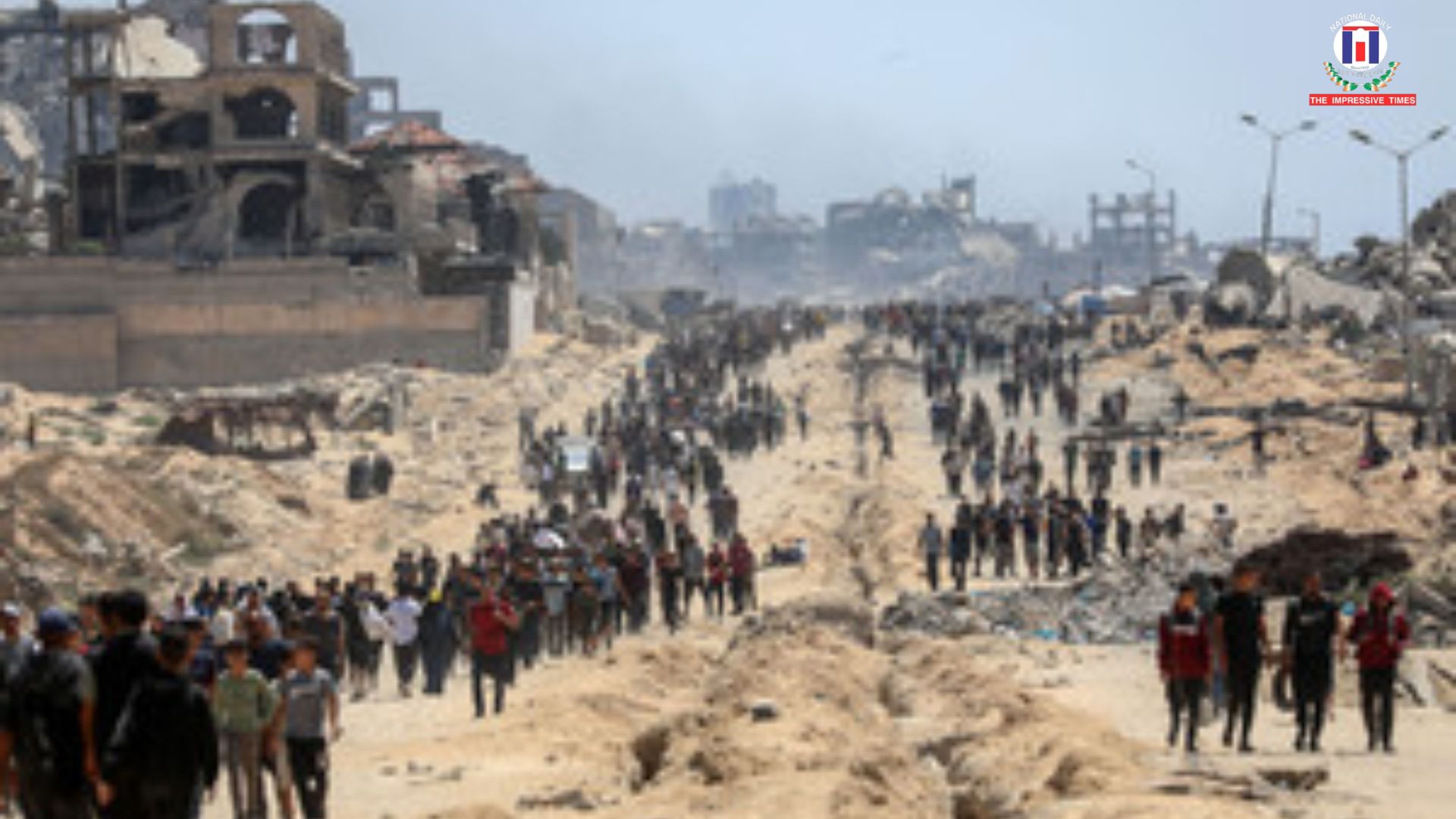Tensions Soar as Israel Urges Iranians to Evacuate Military Sites
Israel has urgently called on Iranians in proximity to military weapon production facilities to evacuate and refrain from returning until further advisories are issued. The looming threat to their lives necessitates this immediate evacuation due to their nearness to such locations. Simultaneously, Iran’s counterattack on Israel led to ten fatalities and around 180 injuries.
A new round of missile attacks has been initiated by Iran against Israel, resulting in the unfortunate loss of life. Reports indicate eight casualties and more than 130 injured, as revealed by Israel’s emergency services. This alarming development marks a significant intensification between the two nations as they engage in direct combat on crucial military and strategic sites.
In an unprecedented series of events, both Israel and Iran engaged in direct strikes targeting key strategic and military infrastructure. Israel’s operators set their sights on Iran’s defense ministry headquarters, energy facilities, and suspected nuclear-related venues. Simultaneously, Iran retaliated with approximately 200 missile strikes and incendiary drones directed at prominent Israeli metropolises, including the city of Haifa in the vicinity of the nation’s most expansive oil refinery.
The aftermath of these aggressive engagements led to the tragic loss of at least seven civilians and approximately 200 injured, implying a precarious escalation in the ongoing conflict. Mysterious explosions resonated through Tehran around 2:30 AM local time. However, the sources of these blasts remain uncertain amidst the ongoing exchange of drone and missile fire between the two nations.
Early the following Sunday, the Revolutionary Guards of Iran announced that they had strategically targeted Israeli locations utilized for refueling their fighter planes. This decision was in retaliation to the Israeli offenses that were initiated on Friday. Israel’s Defense Minister, Israel Katz, ominously declared ‘Tehran is burning,’ along with a video displaying a gigantic fire engulfing the Iranian capital.
This ominous proclamation comes after Iranian state media verified that an Israeli airstrike had achieved a direct hit on an oil depot located northwest of Tehran. As videos of the immense fire and ensuing colossal smoke clouds saturating the city made rounds on the internet, Iran’s oil ministry was quick to assert that they had the situation under control.
Meanwhile, Israel’s emergency response units reported a fatal casualty of a woman, allegedly as a result of an Iranian missile attack that caused significant damage to a residential property near the northern city of Haifa. In the midst of these escalating engagements, Jordan declared its airspace off-limits for a second instance since the commencement of the acute direct confrontation between Israel and Iran.
Israel’s firefighting operation has communicated incidents of residential buildings being struck and ensuing fires in coastal and northern regions of the country following a renewed missile assault from Iran. The Israeli military made advisories about incoming missiles from Iran, and numerous eruptions were audible across various parts of Israel, inclusive of Tel Aviv.
As these missile attacks loomed, the Israeli military engaged in airstrikes within Tehran while simultaneously coordinating to intercept the Iranian-initiated missiles headed for Israel. Warnings were sent out as Iran unleashed a fresh wave of missiles and citizens were instructed to seek immediate safety in shelters.
The United Nations nuclear regulatory authority, the International Atomic Energy Agency (IAEA), has been heavily criticized by Iran for its lack of action and ‘silence’ over the recent Israeli attacks on Iran’s strategic nuclear and military facilities. Iran deemed this lack of response as the IAEA’s failure in the wake of these attacks.
The latter accusations follow a period of heightened tension precipitated by an extensive barrage of attacks by Israel followed by retaliatory ballistic missile offensives from Iran. Iran has now declared its intent to restrict its level of cooperation with the IAEA. This is a decision anticipated to pose significant challenges to the monitoring of Iran’s fast-progressing nuclear program.
The ongoing serious escalation has also influenced the deferment of the indirect nuclear discussions scheduled with the United States. This volatile and rapidly changing landscape continues to shape the complex dynamics of the Israel-Iran conflict, leaving the world watching anxiously and hoping for a peaceful resolution in the region.

